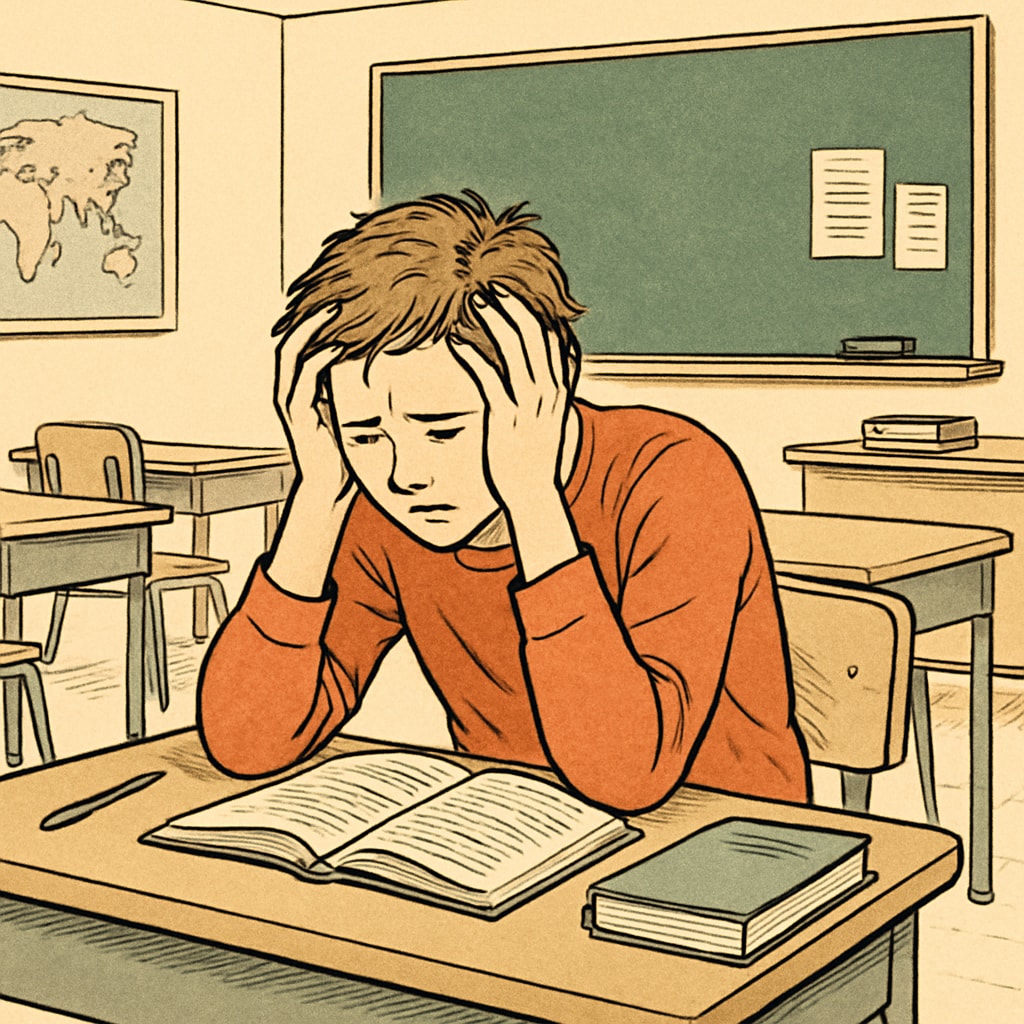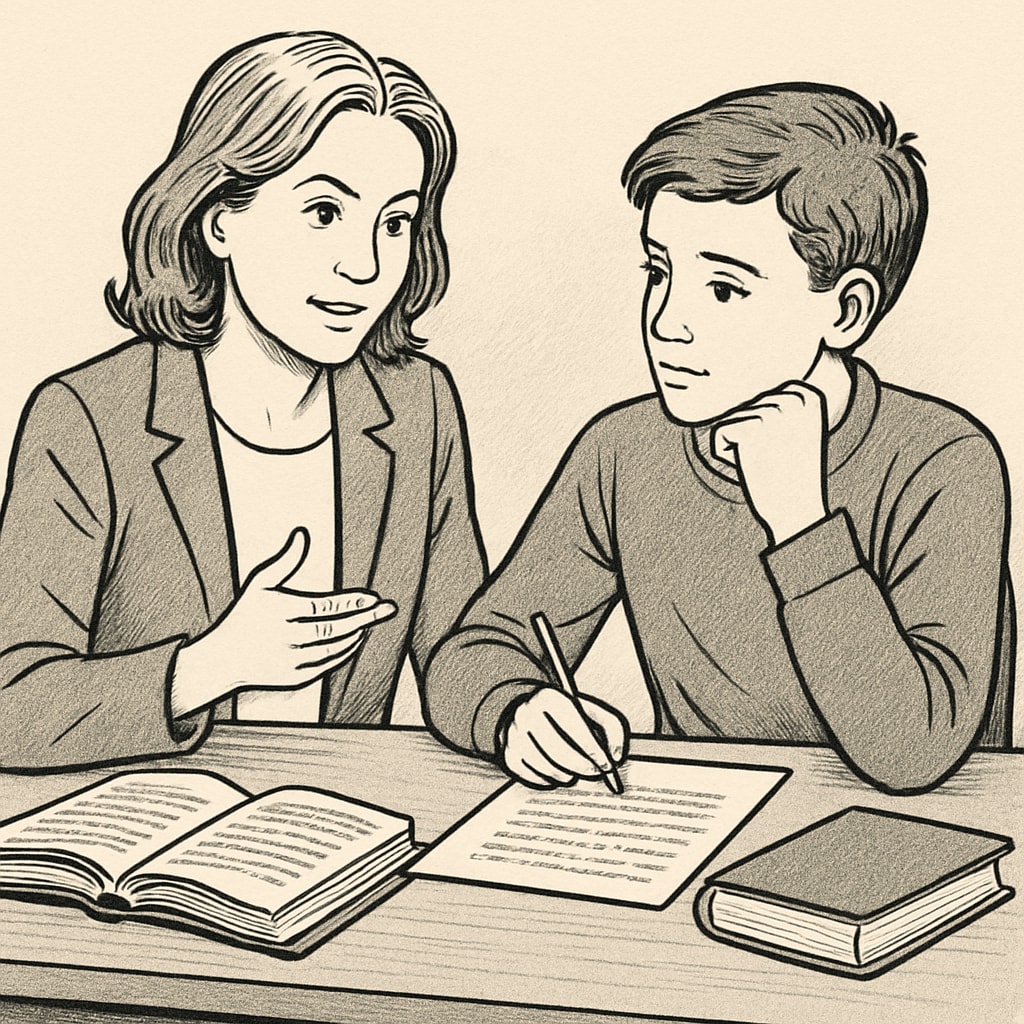In the realm of K-12 education, the integrity of the academic process hinges on trust and fairness. However, when professors or teachers levy misguided plagiarism accusations against students, the consequences can be profound. These situations not only undermine the accused students’ academic confidence but also strain the delicate relationship between educators and learners. The broader implications of such incidents underline the necessity of transparent and fair academic integrity systems to safeguard both students and teachers.
The Impact of Misguided Plagiarism Accusations on Students
For students, being wrongly accused of plagiarism can be a deeply distressing experience. Academic performance depends on a foundation of confidence, and unjust allegations can severely erode it. Students often feel stigmatized, humiliated, and mistrusted—all of which can lead to disengagement from their studies or even long-term aversion to academic pursuits.
In particular, younger students in K-12 environments are still developing their sense of self and their academic identities. A single baseless accusation can leave lasting scars, creating a fear of participation in class discussions, group projects, or even submitting independent work. This fear can stifle creativity and critical thinking, which are essential for learning and personal growth.

Why Do Misguided Accusations Occur?
There are several reasons why teachers or professors may mistakenly accuse students of plagiarism. One common factor is the reliance on automated plagiarism detection tools. While these tools can be useful, they are far from infallible. They often flag content that is not actually plagiarized, such as common phrases, citations, or coincidental similarities in wording. Without careful review, educators might take these results at face value and accuse students unfairly.
Another factor is implicit bias. Teachers, like all individuals, may hold unconscious prejudices that lead them to scrutinize certain students more harshly. For example, students who excel in other areas may be suspected of “not being capable” of producing high-quality work independently, while others may be judged based on cultural or linguistic differences.
Lastly, time constraints and high workloads can contribute to hasty judgments. Educators often juggle numerous responsibilities, and the pressure to quickly assess assignments can lead to mistakes in evaluating the originality of students’ work.
Restoring Trust Through Transparent Academic Integrity Policies
To address the harm caused by misguided accusations, schools must adopt fair and transparent academic integrity policies. These systems should include clear guidelines for what constitutes plagiarism, as well as a structured process for investigating and resolving allegations. Such frameworks ensure that both students and teachers are held accountable for their actions while preventing rushed or biased decisions.
Additionally, educators should receive training on how to use plagiarism detection tools effectively and how to interpret their results critically. This training could emphasize the importance of giving students the benefit of the doubt and conducting thorough investigations before making accusations. In cases where plagiarism is suspected, engaging students in a conversation about their work can often clarify misunderstandings and provide valuable teaching moments.

Building a Culture of Academic Integrity
Beyond institutional policies, fostering a culture of academic integrity is crucial. Schools should emphasize the value of original thinking and ethical scholarship through workshops, seminars, and classroom discussions. By teaching students how to properly cite sources and avoid unintentional plagiarism, educators can empower them to take ownership of their academic work.
Moreover, promoting mutual respect between students and teachers is key. When students feel respected and understood, they are more likely to seek help when they encounter challenges in their assignments, reducing the likelihood of actual plagiarism. Similarly, teachers who approach their role as mentors rather than enforcers can build stronger, more positive relationships with their students.
Conclusion: A Call for Reflection and Reform
The issue of misguided plagiarism accusations in K-12 education highlights the need for reflection and reform within academic institutions. By implementing transparent policies, providing educator training, and fostering a culture of trust and integrity, schools can prevent the harm caused by such incidents. Ultimately, education should empower students to grow and succeed—not discourage them through unfair judgments.
For further reading on academic integrity and its challenges, see the resources provided by Wikipedia on Academic Integrity and Britannica’s Guide to Plagiarism.
Readability guidance: This article uses short paragraphs and lists to summarize key points, avoids excessive passive voice, and applies a logical flow with clear transitions. Overly technical language has been avoided to maintain accessibility for a broad readership.


